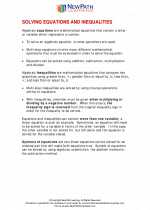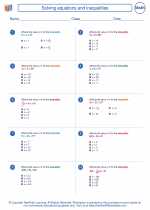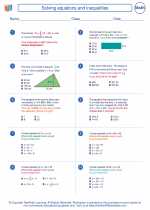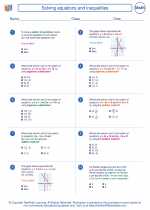Dependent Variables
In experimental research, a dependent variable is the variable being tested and measured in an experiment. Its value depends on the changes made to the independent variable. In other words, the dependent variable is the outcome or result that is being studied. It is called "dependent" because its value is thought to depend on the value of the independent variable.
Example:
Suppose you are conducting an experiment to see if the amount of water given to a plant affects its growth. In this case, the amount of water given to the plant is the independent variable, and the resulting growth of the plant is the dependent variable. The growth of the plant depends on the amount of water it receives.
Study Guide:
- Understanding the relationship: It's important to understand the relationship between the independent and dependent variables in an experiment. The dependent variable is the one that is influenced by changes in the independent variable.
- Identifying dependent variables: When reading about or designing an experiment, practice identifying the dependent variable. Look for the outcome or result that is being measured or observed.
- Practice with examples: Work through examples of experiments and identify both the independent and dependent variables. This will help reinforce your understanding of the concept.
- Conducting experiments: If possible, conduct your own simple experiments and identify the independent and dependent variables. This hands-on practice can deepen your understanding of the concept.
- Recognizing in real-world scenarios: Look for real-world examples where there are clear independent and dependent variables. This can help you see how the concept applies outside of a laboratory setting.
Understanding dependent variables is a fundamental concept in experimental research and is important for interpreting and designing scientific studies.
[Dependent Variables] Related Worksheets and Study Guides:
.◂Math Worksheets and Study Guides Eighth Grade. Solving equations and inequalities

 Worksheet/Answer key
Worksheet/Answer key
 Worksheet/Answer key
Worksheet/Answer key
 Worksheet/Answer key
Worksheet/Answer key
